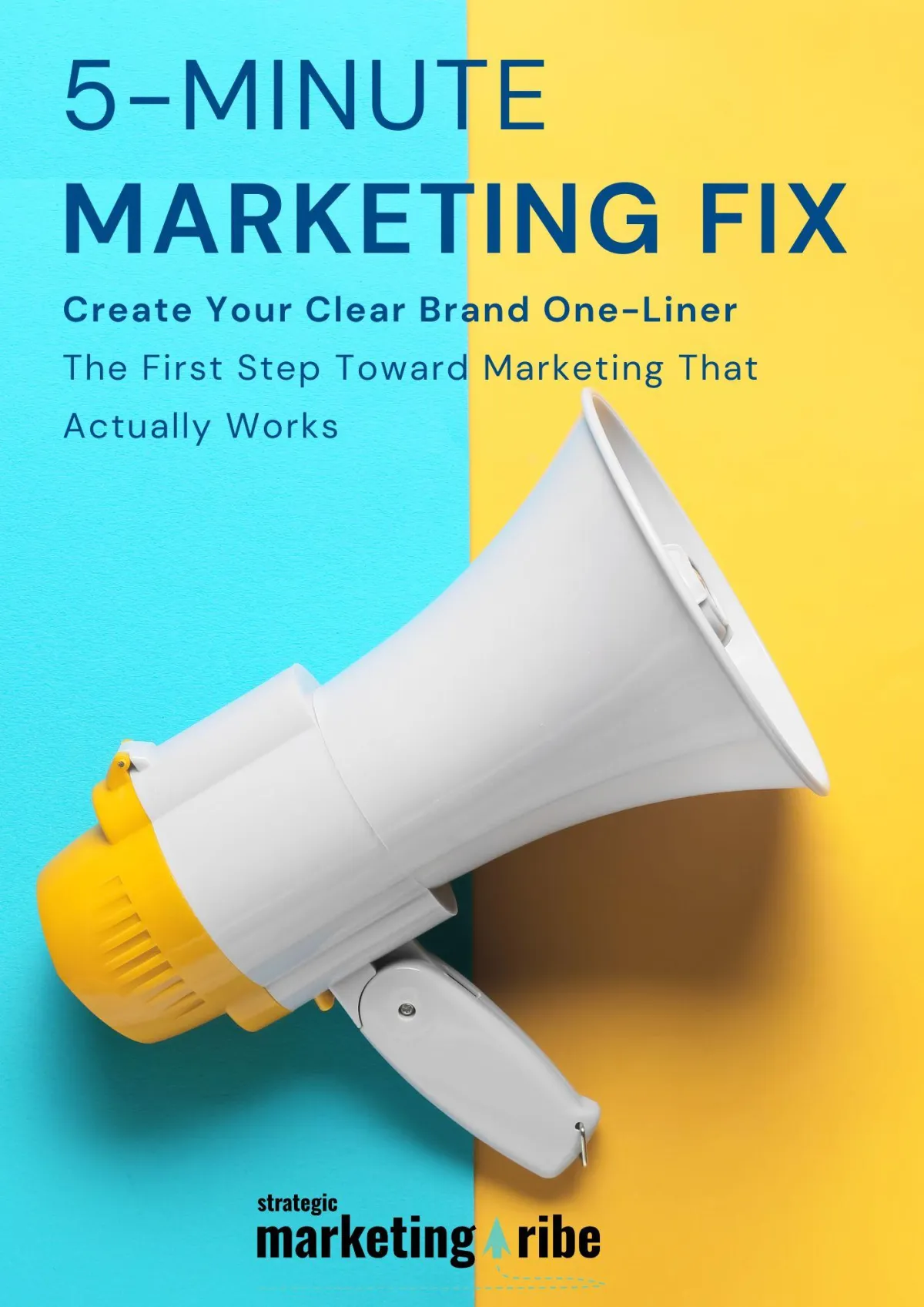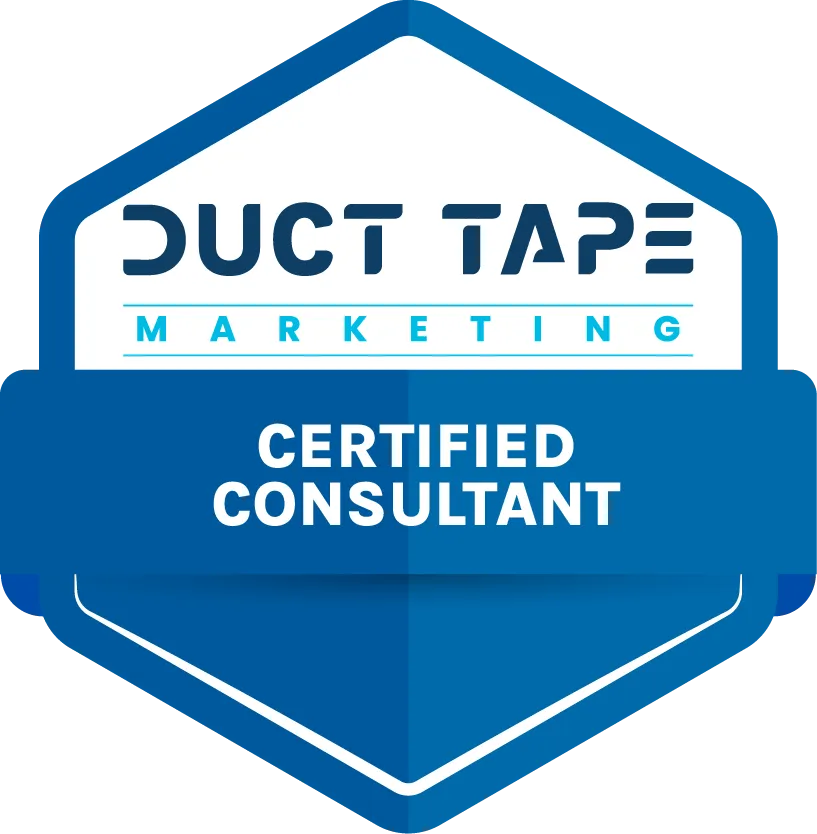STORY, MEET STRATEGY
Let’s make marketing feel less robotic and more real.
Find resources that bring your message—and your business—to life.

Small Business Ombud Nomination Blocked—What the 2025 Reversal Means for Entrepreneurs
By Vicky Sidler | Published 12 June 2025 at 12:00 GMT
Trying to build a small business without reliable support is like baking a cake with no measuring cups and a broken oven timer. You might pull it off—but it’s going to take luck, guesswork, and more resilience than most people realize.
That’s why the Small Business Ombud role is so important. It’s meant to be the business community’s safety net—a place to resolve disputes, clear stalled payments, and reduce the legal red tape that slows everything down.
So when Parliament quietly tried to push through questionable appointments to that role? The oven timer may have finally exploded.
What Actually Happened?
Last week, the Democratic Alliance (DA) blocked the vote to approve the shortlist of candidates for the Small Enterprise Ombud—citing a nomination process so flawed it felt like a skit.
Non-voting members were allowed to run interviews
A candidate received 65 points on a 55-point scale
Scores from certain party-aligned members looked... a little too perfect
In a rare move, Parliament backed down and sent the report back to committee. It’s the first time in SA’s democratic history that a committee report wasn’t rubber-stamped by the House.
Why This Matters (Even If You’ve Never Heard of the Ombud):
The Ombud’s role isn’t symbolic. It’s supposed to:
Unlock billions in unpaid invoices
Reduce litigation for small businesses
Foster trust between service providers, corporates, and government
In short, it’s designed to be a practical tool to help small businesses grow—without having to fight every battle alone.
But a politicized appointment would have undermined that mission from day one. Entrepreneurs don’t need another gatekeeper—they need a fair system that helps them get paid and move forward.
What You Can Do While the System Resets:
As a Duct Tape Marketing Strategist and StoryBrand Certified Guide, I always remind business owners of this: you can’t control the system, but you can build systems that help you thrive anyway.
Here’s a three-step plan that keeps your business moving while the Ombud appointment goes back to the drawing board:
1. Systematize how you handle unpaid invoices:
Follow up faster. Use automation. Set expectations in writing. A solid process reduces your risk—whether or not a watchdog office is in place.
2. Make it easy to trust you:
If you want payment on time, contracts signed quickly, and fewer disputes, lead with clear messaging and consistent client experiences.
3. Focus on long-term relationships:
When big institutions fail, it’s human connections that hold things together. Stay visible, responsive, and fair—people remember that more than any policy.
Want a Simple System You Can Trust?
While the Ombud process resets, you can still strengthen how your business communicates and converts.
Download my free 5-Minute Marketing Fix. It helps you write one clear sentence that explains what you do and why people should care—no waffle, no politics, just clarity.
Because while Parliament may still be baking that cake, your systems don’t have to burn.

Created with clarity (and coffee)






